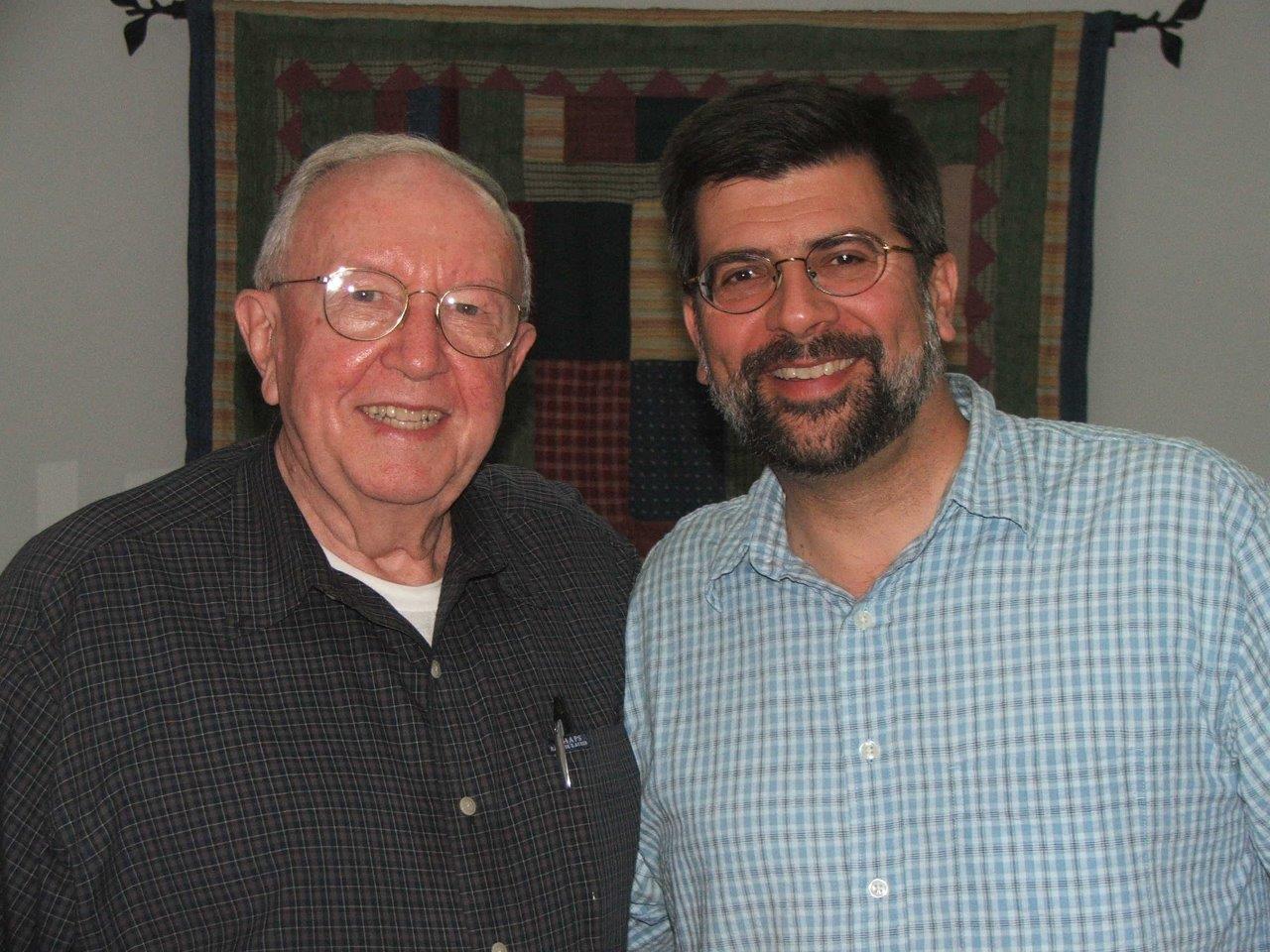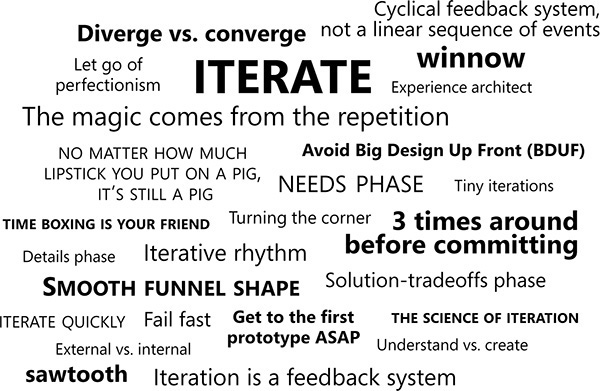[Adapted from the Archives]
Picture this scenario.
At first, you really liked working with this person. Then, bit by bit, he/she began wearing on you. He is always messing with his phone. Her solution to today’s problem is too labor-intensive. His email responses have become terse. She is late for your meeting. You think, maybe I was wrong about him. He is not the person I thought he was. Maybe, she’s the wrong person on the bus…at least on my bus.
When a relationship begins to deteriorate at work (or home), you are wise to take steps to turn this around as quickly as possible. You could be in a work situation that has been difficult from the outset. It is still possible for you to make inroads in turning that relationship toward a more healthy or positive one. If not altogether, at least from your side. Consider an adage that has had a long and useful run in our family and work.
Your opinion of someone approximates their opinion of you. – Dave Mills
There are exceptions, but I have found this to be wise counsel (from my husband, no less) in both personal and professional relationships. When what was a warm, congenial relationship takes a turn toward the negative, you can actually work, from your side, to restore the relationship. Even to take it to a deeper level. It can get more uncomfortable at first, because you have to start with your own thoughts toward that person. How have those thoughts changed?
We send signals to each other – whether we speak or not.
Mom raised us hoping we would be positive, peaceful people – often using the saying from Walt Disney’s film Bambi:
“If you can’t say something nice, don’t say nothing at all.”
Good counsel except for the reality of those conversations that still go on in our heads and color our attitudes, our tone of voice, our preferences, and our decisions.
Let’s say I have an amicable relationship with a colleague, and then something happens. I may not even be aware of it – a misunderstanding, a misconstrued action, an insensitivity unaware. Then a chill develops, or a clear outright dislike. I have a window of opportunity to clear that up. Otherwise, if I don’t act, then a process can begin where I turn around and decide that person is also a jerk and has woefully misjudged me…and off we go.
Remember: This can go both ways. You may have had a few off days with a colleague, and find yourself just not thinking so well of him, then stop it! It’s possible you can keep them from picking up that signal and prevent the relationship from getting more toxic as they decide you’re not so great either.
If I refuse to think ill of another person and discipline myself to be respectful, deferent in my demeanor, and tireless in pursuing understanding, I could restore that relationship. If it doesn’t improve right away, my attitude and actions work for my own benefit and can definitely help rebuild trust with my team members. One day…that relationship may also turn. It’s worth the effort.
Job coach and writer Jon Acuff talks about the four ways we invest in our careers – through skills, character, hustle, and relationships. In an interview with LifeReimagined.com, he had this to say about difficult, or neglected, work relationships:
“Even if you have skills, character and hustle, without relationships, it’s the career version of the Emperor’s New Clothes. Why?”
“If you don’t have relationships, you eventually don’t have people in your life who can tell you the truth about the decisions you’re making. You don’t have people who can tell you no or question you honestly. What I’ve learned is that leaders who can’t be questioned end up doing questionable things.” – LifeReimagined.com interview with Jon Acuff
He identifies three types of people in our lives (work or otherwise, really): friends, foes, and advocates. Jon writes in Do Over:
“The best thing to give a foe is distance. We should ignore most foes. The problem of course is that we won’t. If your definition of foe is too loose and is essentially “anyone who kind of bothers me ever,” your job is going to be miserable. If you see people as your adversaries, it’s almost impossible to have a good working relationship with them. The first thing is to understand whether these foes are clueless or calculated. A clueless foe is that person whose behavior encourages you to fail. They are not malicious. They are not trying to make you lose, but with the power of their influence you are. “Bad habits are almost always a social disease – if those around us model and encourage them, we’ll almost always fall prey. Turn ‘accomplices’ into ‘friends’ and you can be two-thirds more likely to succeed.” – Jon Acuff, Do Over
I think what Jon says is true. Because of my own worldview and value system (and married to Dave all these years), I don’t think we can just acknowledge there are foes out there and distance ourselves from them. Sometimes, that is virtually impossible to do and still be effective at work. Because what can happen, if we don’t act to keep our own thinking clear, is that we take on some of that “foe-dom” ourselves. Maybe you aren’t going to be bosom buddies with this person, but your own work and other relationships can suffer if you develop bad habits around this person. Better to work on the relationship.
“For no matter what we achieve, if we don’t spend the vast majority of our time with people we love and respect, we cannot possibly have a great life. But if we spend the vast majority of our time with people we love and respect – people we really enjoy being on the bus with and who will never disappoint us – then we will almost certainly have a great life, no matter where the bus goes. The people we interviewed from the good-to-great companies clearly loved what they did, largely because they loved who they did it with.” – Jim Collins, Good to Great
For as he thinks within himself, so he is. – Proverbs 23:7
Finally, brothers, whatever is true, whatever is honorable, whatever is just, whatever is pure, whatever is lovely, whatever is commendable, if there is any excellence, if there is anything worthy of praise, think about these things. – Philippians 4:8
Fourteen Indispensable Leadership Quotes from Jim Collins – Thom Rainer
How to Deal With Difficult Co-workers – Read, keeping in mind that some days you might be the one perceived as difficult.
 Photos: Just a few of the men in Dave’s life who required no special work on his part to love and respect…and there are many more. Grateful.
Photos: Just a few of the men in Dave’s life who required no special work on his part to love and respect…and there are many more. Grateful.























